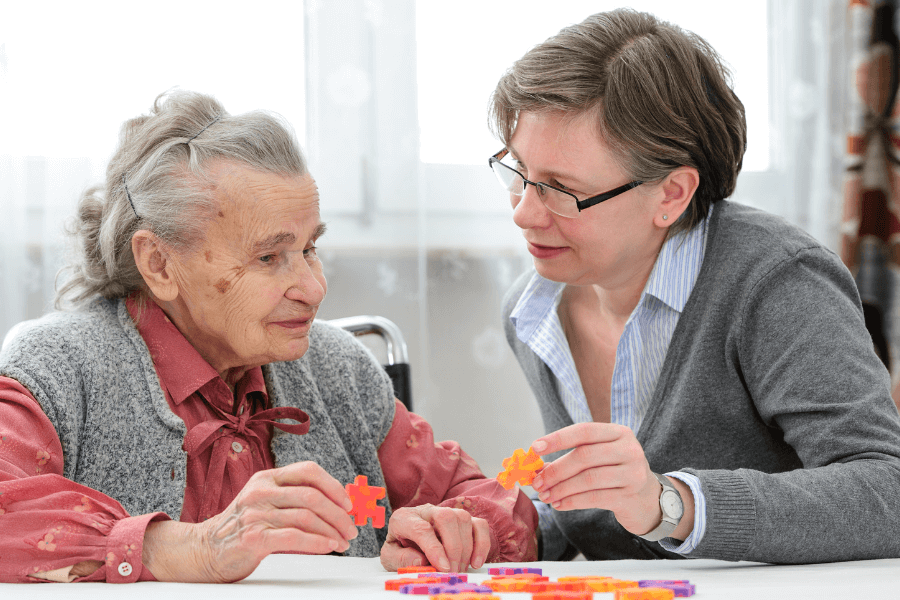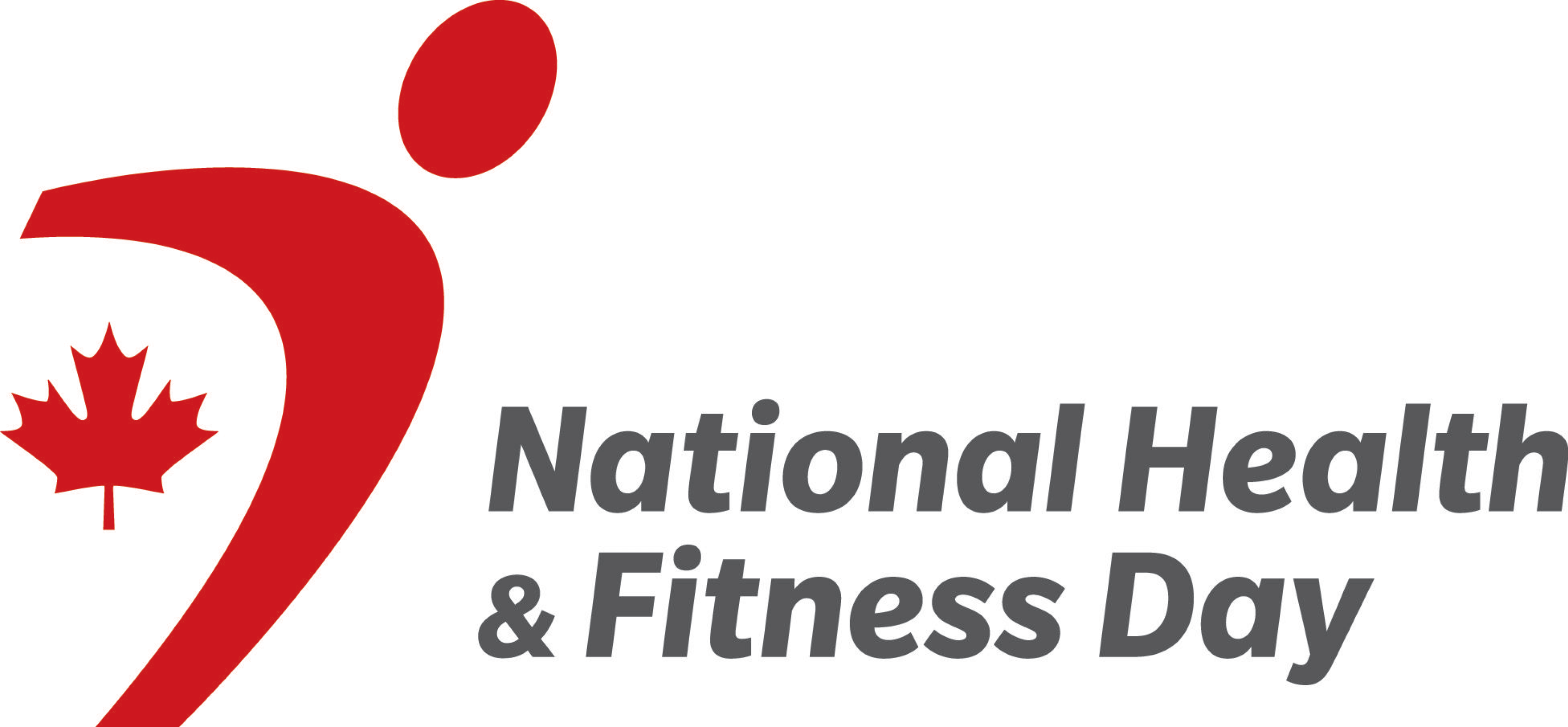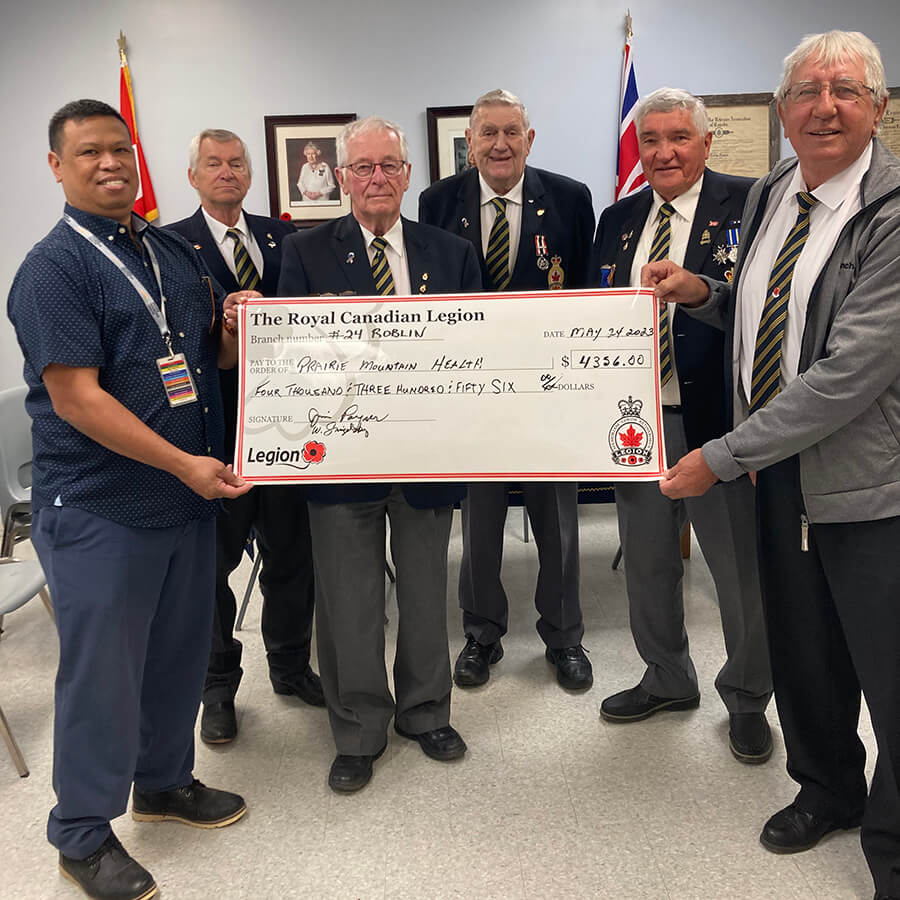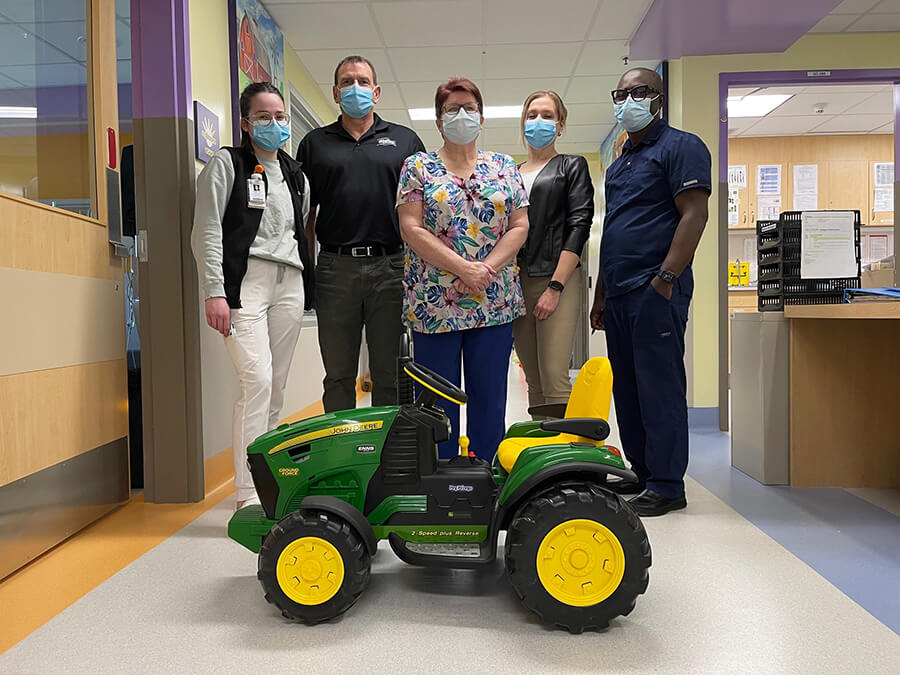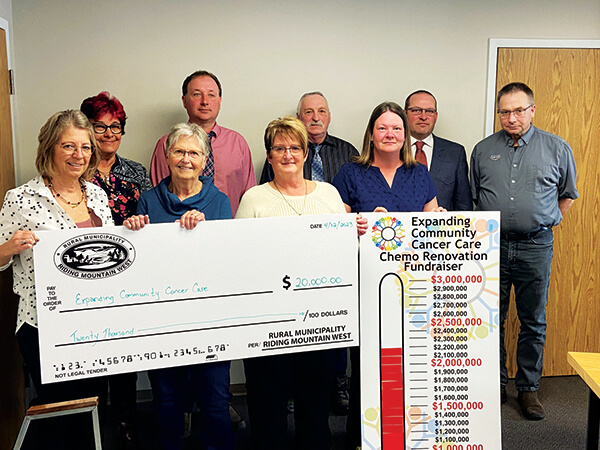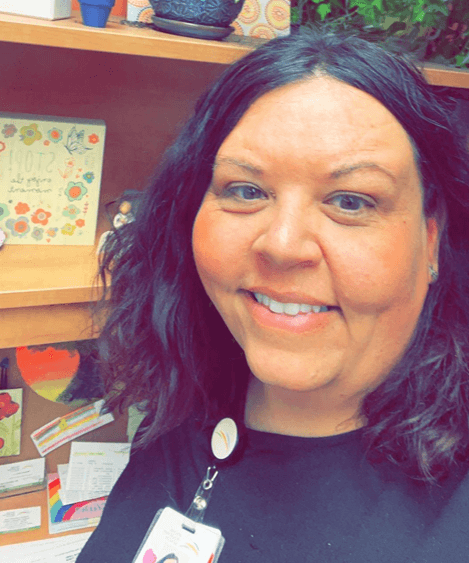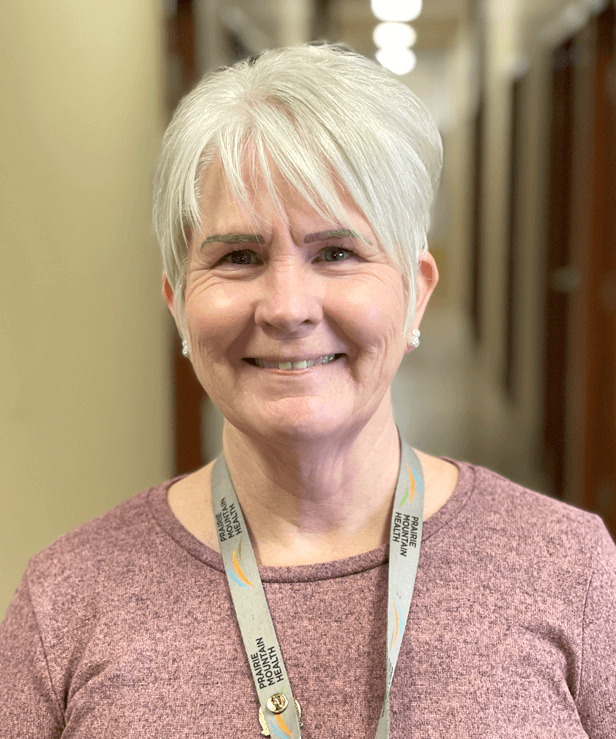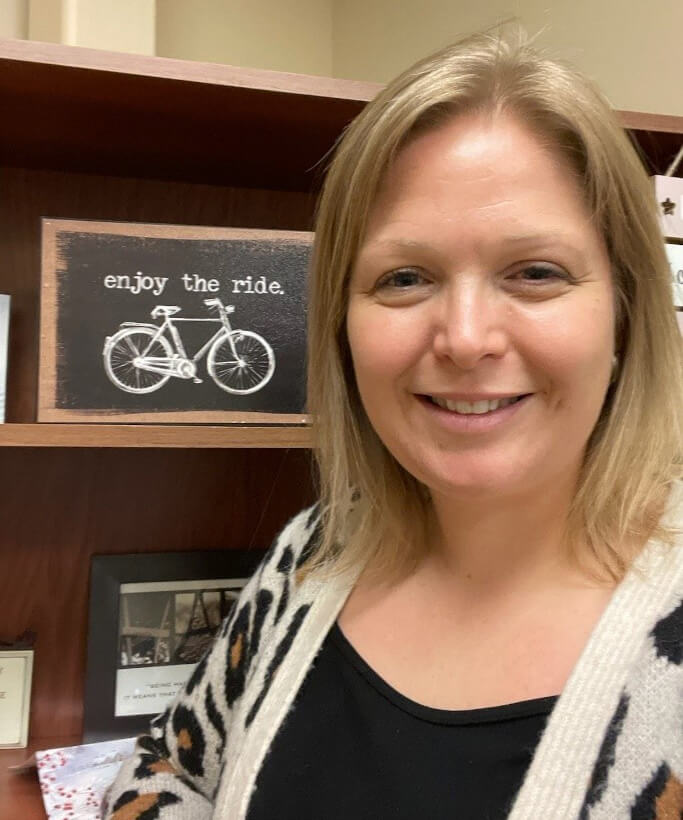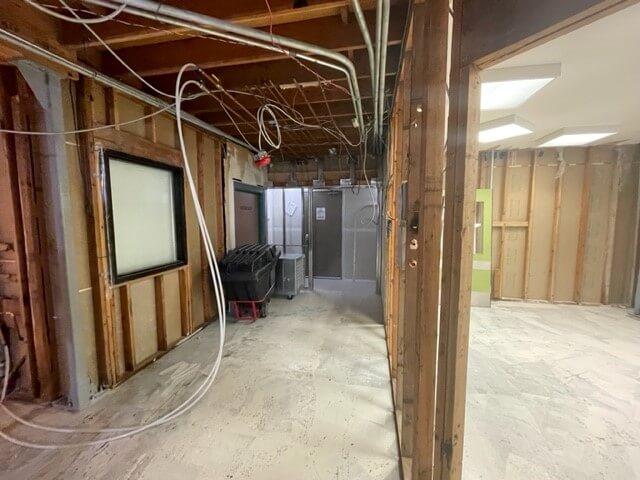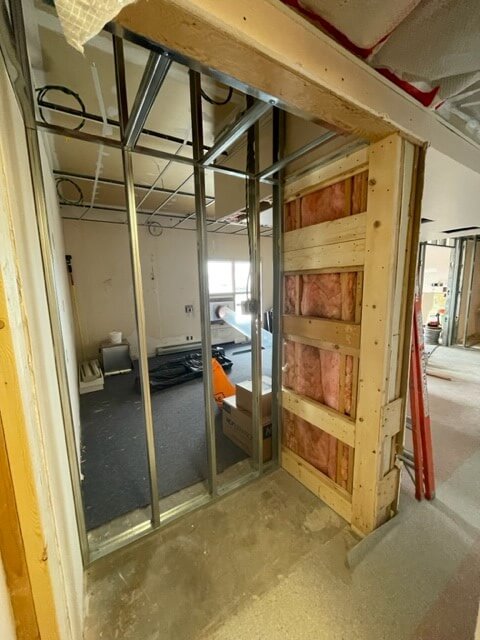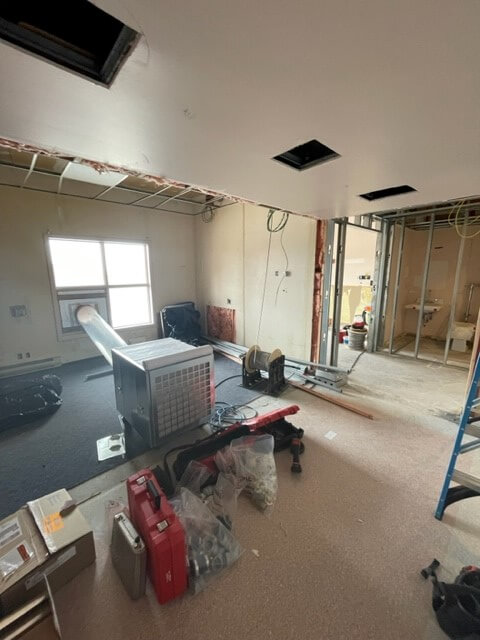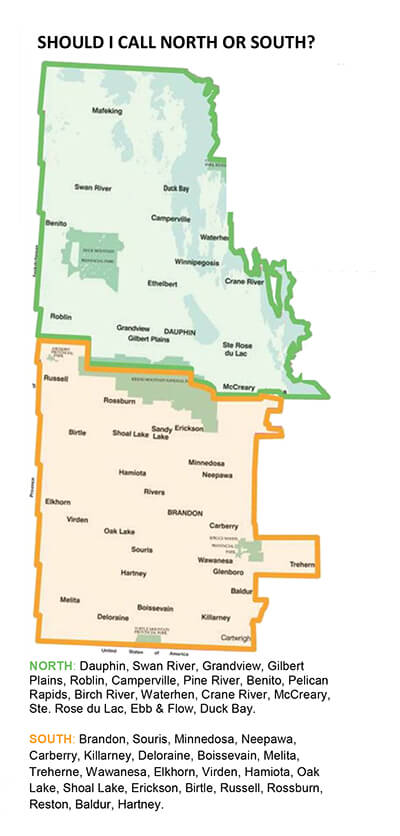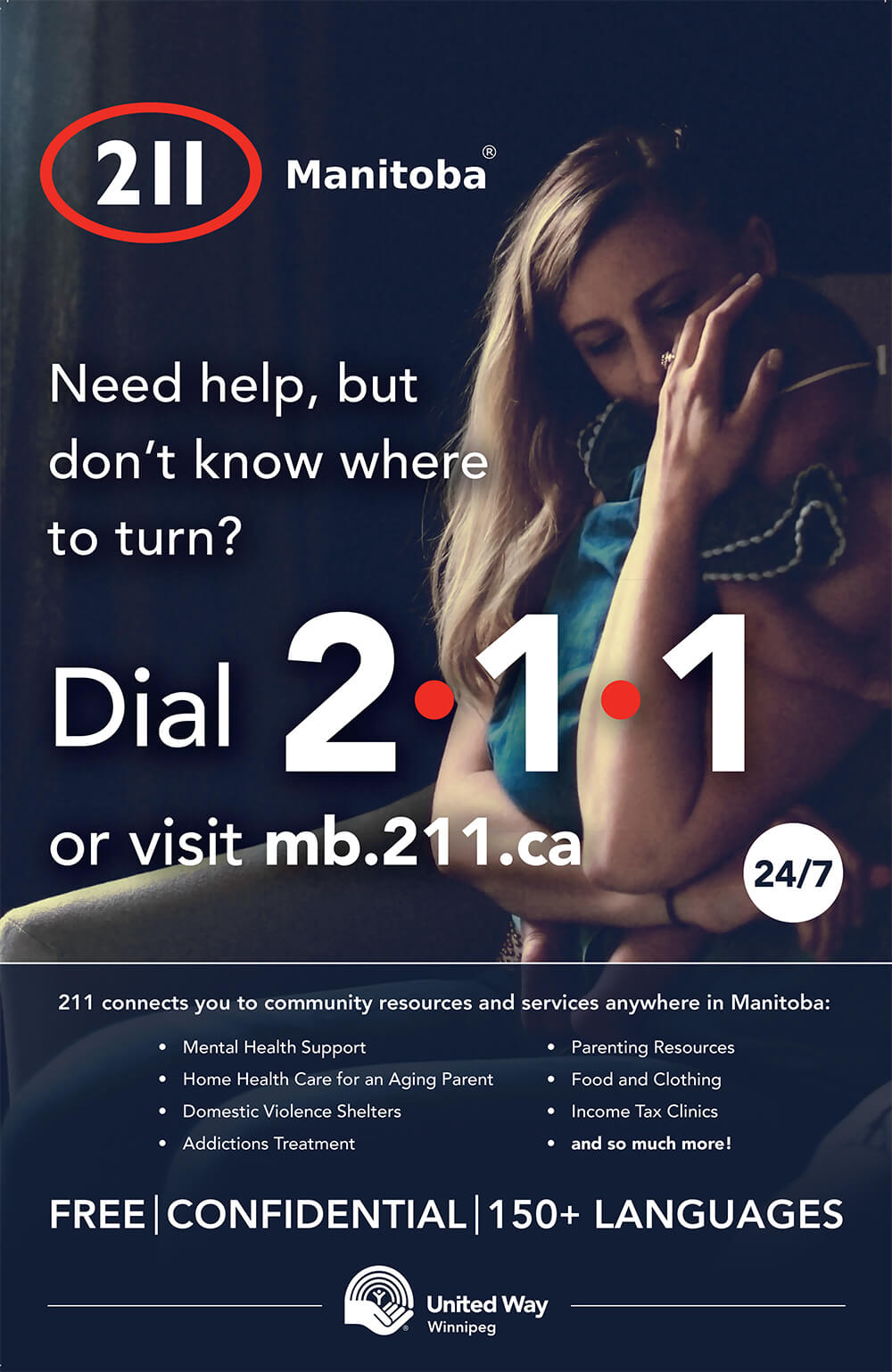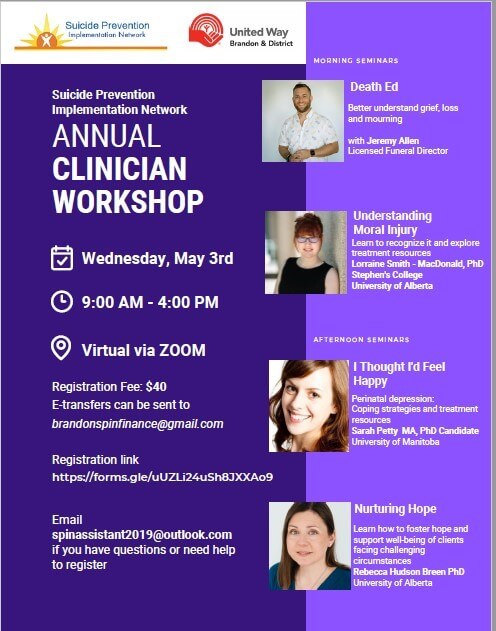June is Men’s Health Month
During the month of June men and boys are encouraged to take charge of their health. Get screened, eat a healthy meal, exercise, get outdoors and check in with a friend. Use this month to set good habits in motion, and carry them throughout the year. There are a variety of websites with resources full of everything from healthy recipes to exercise tips to mental health pod casts as well as testicular and prostate cancer checks. Check them out. Find what works for you and get started today.
Canadian Men’s Health Foundation

The Canadian Men’s Health Foundation is a national, registered charity providing information, tools, and motivation for men and their families to live healthier. Canadian men are dying at an alarming rate from chronic illness and leaving their loved ones behind. Yet, 70% of men’s health problems are preventable by living healthier. No matter how you do it—walk, jog, swim, bike, or mow the lawn—any kind of movement adds up to better physical and mental health. Sign up for a ‘Guy’s guide to eating healthy‘ or listen to the Don’t change much pod cast.
Buddy Up
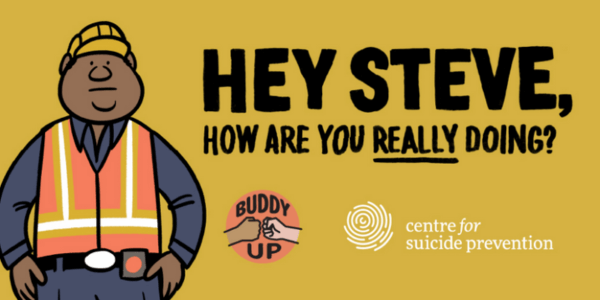
Buddy Up is a men’s suicide prevention communications campaign: a call to action to men, by men. We all have a role to play in men’s suicide prevention. Partners, colleagues, friends, and family. In Canada, men have a suicide rate three times higher than women. Why? We have socialized men to be strong, stoic and self-reliant; showing emotion is a sign of weakness, as is asking for help. Further, men are under served by our traditional health and social service sectors. Men are dying in alarming numbers, all around us, alone. How can we change this reality? Join the Buddy Up Campaign.
Movember

While the month of November is a little ways away, the Movember website is full of resources for guys all year long. Learn more about prostate and testicular cancer and how you can check for signs, early detection is key. Visit Family Man and discover parenting strategies designed with dads in mind. If you are feeling low or overwhelmed, don’t hesitate to reach out for support. Discover numerous resources on where you can get support and how you can help give support if you have a bro that might be struggling.
The John Howard Society of Brandon
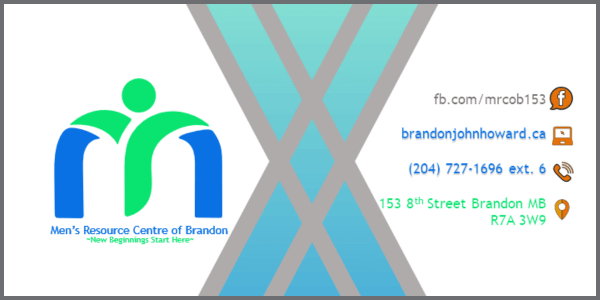
The John Howard Society of Brandon (153 8th street) Men’s Resource Centre is open to all and offers a safe and supportive space for men and their families to access resources and information. The center provides programs, services and individual support on issues affecting men and their families.
Programs offered include: Anger Management, Building Healthy Relationships and a Crossroads Program – focused on developing positive life skills.
Services available: Staff can help you connect to community resources, provide information and advocacy. They offer one on one support, Protection Orders, Third Party Reporting and help with Pardons and Record Suspensions.
Drop in services: Free computer and internet access is available. Workshops focused on Legal Issues, Health and Wellness, Art and Music!
Mood Disorders Association of Manitoba

Mood Disorders Association of Manitoba works on building meaningful relationships and provides a space where men can open up and share about their experiences. They offer a wide variety of mental health and wellness opportunities from workshops to peer-support, and One-on-One peer support. You can book a one-on-one peer support session (online/in person) with the Men’s Program Coordinator at [email protected]. Discover more about the peer support groups and additional men’s health resources.



